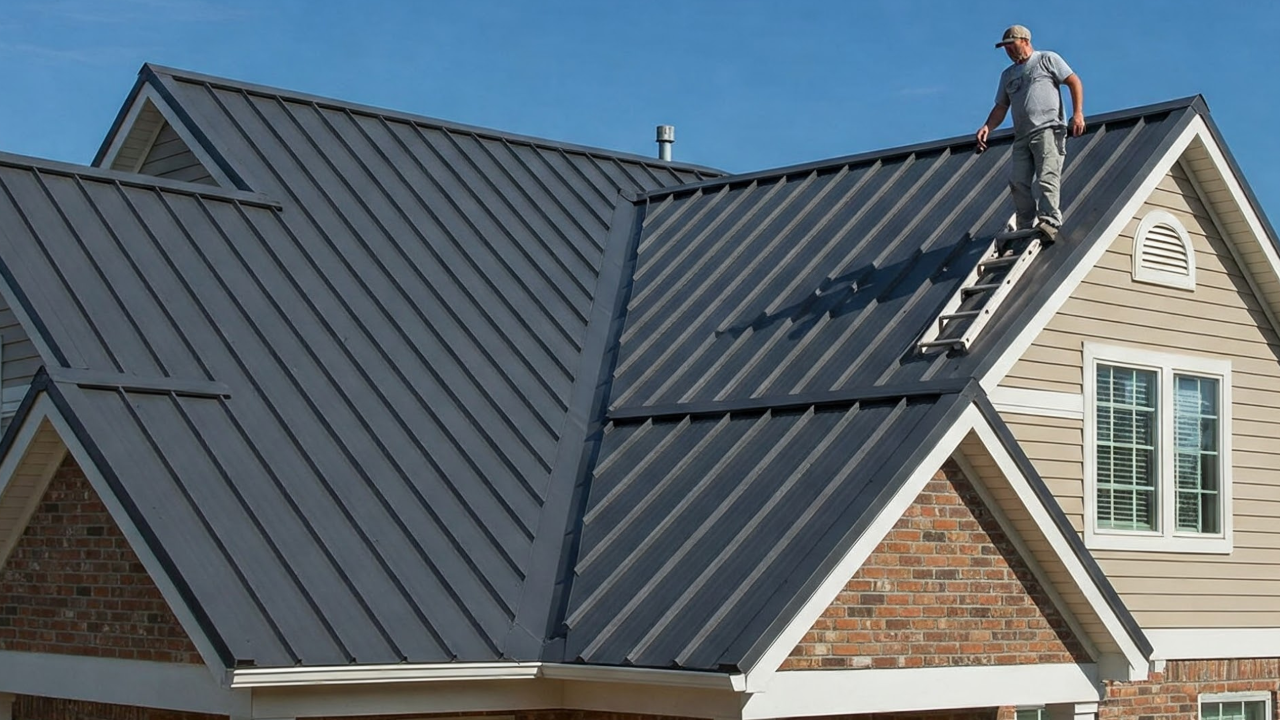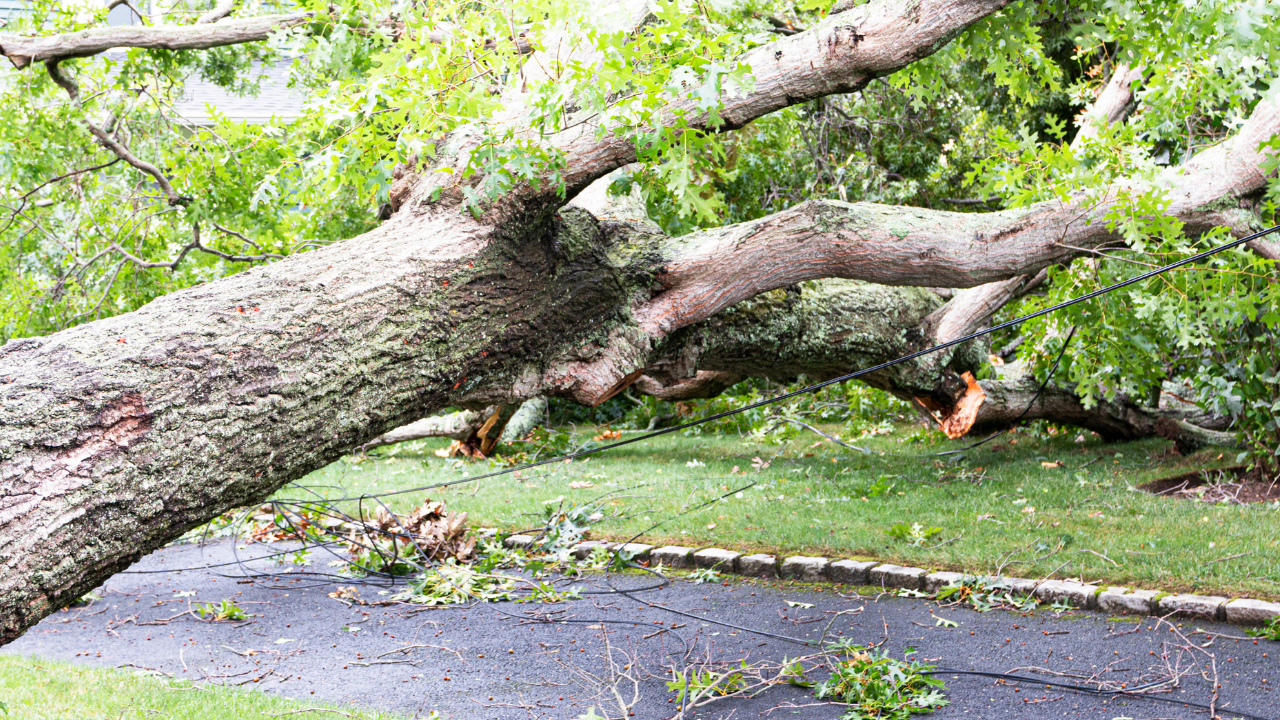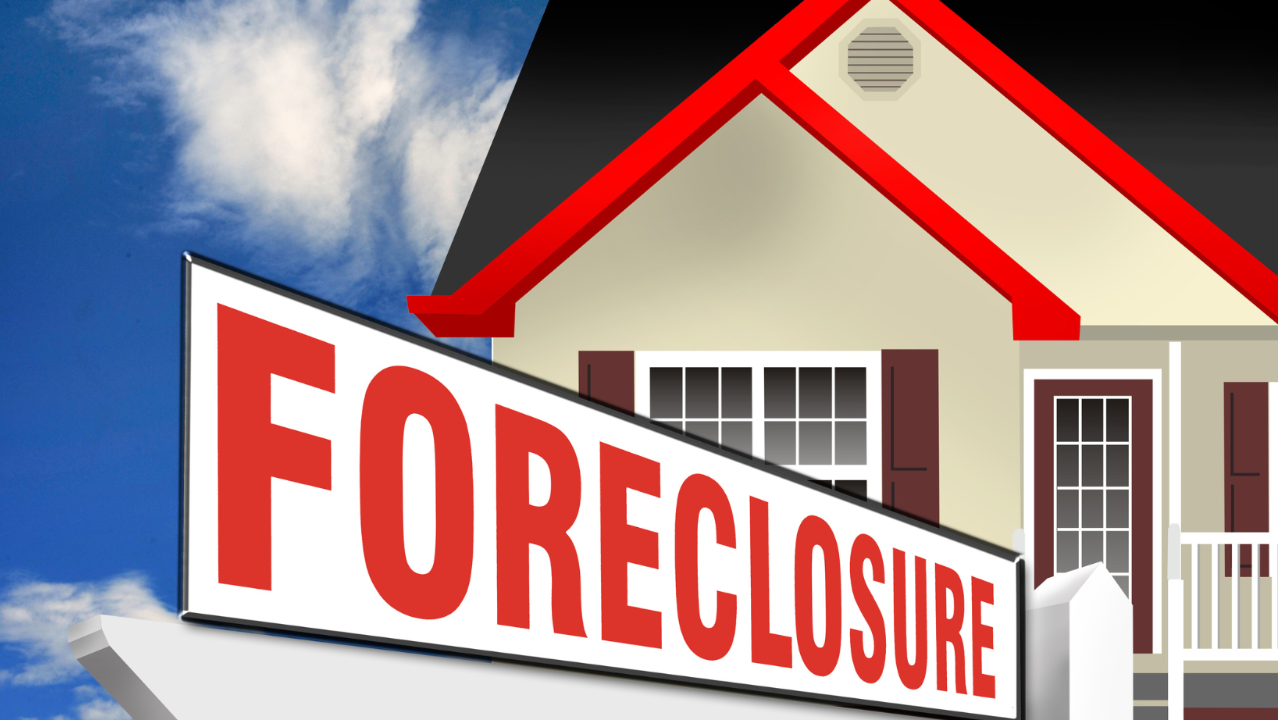In Northern California, where unprecedented winds, extended drought, saturated soils, and wildfires are part of the seasonal rhythm, healthy trees can quickly shift from valued assets to serious hazards. Typically tree emergencies begin as slow-building issues – often overlooked – that silently compromise a tree’s structure or stability.
By recognizing early warning signs, property managers, HOA board members, and residents can prevent costly emergency removals, property damage and safety incidents. This article highlights the red flags to look for a how regular inspections can turn "emergencies" into manageable maintenance.
What is a tree emergency? A tree emergency typically refers to any situation where a tree – or part of it – poses an immediate risk to property, people, or public infrastructure. This includes fallen limbs, uprooted trees, or trees with imminent failure potential due to structural instability, disease or environmental stress.
Common
...









